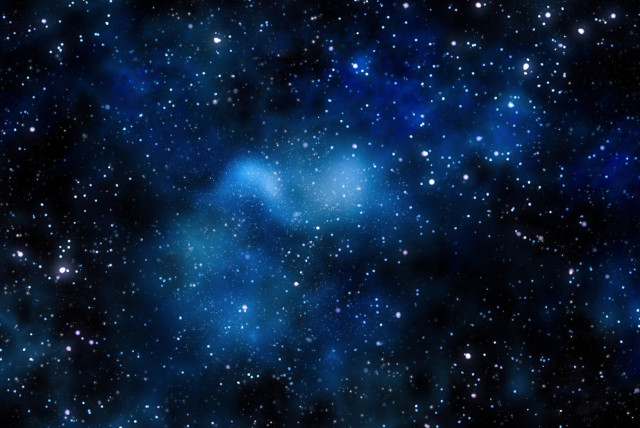Do we need to change the definition of 'life' to find it among the stars?

As long as astronomists continue to search for life outside the borders of our world, biologists are forced to continue to reconsider the meaning of the word "life."
The meaning of life is humanity's ultimate mystery: Why do we exist? What's the point? These are probably questions that will never have a clear and unequivocal answer, but we can at least know the meaning of life in scientific terms - and that's a start.
As long as astronomists continue to search for life outside the borders of our world, biologists are forced to continue to reconsider the meaning of the word "life."
Usually, biologists explain life as a self-sustaining chemical system that can perform functions like eating, metabolism, breathing, movement, growth, procreation, and reaction to external stimulants.
This definition generally works very well here on Earth (even though there are a few important exceptions to the rule, like viruses), but if life exists in elsewhere in the universe, it's possible they won't exhibit the same traits we're used to.
The Conversation explained the subject in an article that featured the short and to-the-point headline "Life: modern physics can’t explain it – but our new theory, which says time is fundamental, might."
If we try to simplify the new theory, at its base is the assumption that we won't be able to recognize other life because it won't look like what we think life looks like. In a case like this, how will we recognize life if we ever find it?
What is the Assembly Theory?
Astrobiologist Sarah Imari Walker and chemist Lee Kronin think they found the solution. The two claim that it's impossible that highly complex molecules that exist in all living beings exist by chance. Therefore, they say, the universe must have a way to create and restore complex information and keep a "memory" of it all.
In an interview with New Scientist, Walker, who is from Arizona State University, explained their radical idea on how objects are created. The term, named the Assembly Theory, explains why certain complex objects became more abundant than others by considering their history.
If the theory turns out to be correct, it will redefine what we mean by "living beings" and show that we are mistaken in the way we're looking for life outside of Earth.
"Thus, we could even create 'alien' life in a lab," she said.
'Each of us is lineages of information that are temporarily a person'
In her conversation with New Scientist, Walker said that "An electron can be made anywhere in the universe and has no history. You are also a fundamental object but with a lot of historical dependencies. You might want to cite your age counting back to when you were born, but parts of you are billions of years older. From this perspective, we should think of ourselves as lineages of propagating information that temporarily finds itself aggregated in an individual."
The Assembly Theory predicts that molecules that were created by biological processes have to be more complex than those created by non-biological processes, according to Science Alert. In order to test this, Walker and her team analyzed a variety of organic and inorganic compounds from around the world and outer space including E. coli germs, urine, meteors, and even homemade beer.
After that, they crushed the compounds into smaller pieces and used mass spectrometry to identify their molecular building blocks. They calculated that the smallest number of stages required to rebuild each complex of "building blocks" was 15.
"Our system enables us to agnostically search the universe for evidence of what life does instead of what life is," Walker and Kronin wrote in a study in Nature Communications in 2021.
The useful thing about this building block system, which was named the "Molecular Assembly Index, is that it relies on carbon-based organic materials.
In other words, an alien could be made from an entirely different material, and we would still be able to recognize it as a living being based on this index.
This also works regardless of what stage of "life" an extraterrestrial being is - whether it's still in its diapers or has advanced to a technological stage beyond our understanding. The reason for this is that all these stages create complex molecules that couldn't have existed without a living system.
Jerusalem Post Store
`; document.getElementById("linkPremium").innerHTML = cont; var divWithLink = document.getElementById("premium-link"); if (divWithLink !== null && divWithLink !== 'undefined') { divWithLink.style.border = "solid 1px #cb0f3e"; divWithLink.style.textAlign = "center"; divWithLink.style.marginBottom = "15px"; divWithLink.style.marginTop = "15px"; divWithLink.style.width = "100%"; divWithLink.style.backgroundColor = "#122952"; divWithLink.style.color = "#ffffff"; divWithLink.style.lineHeight = "1.5"; } } (function (v, i) { });

